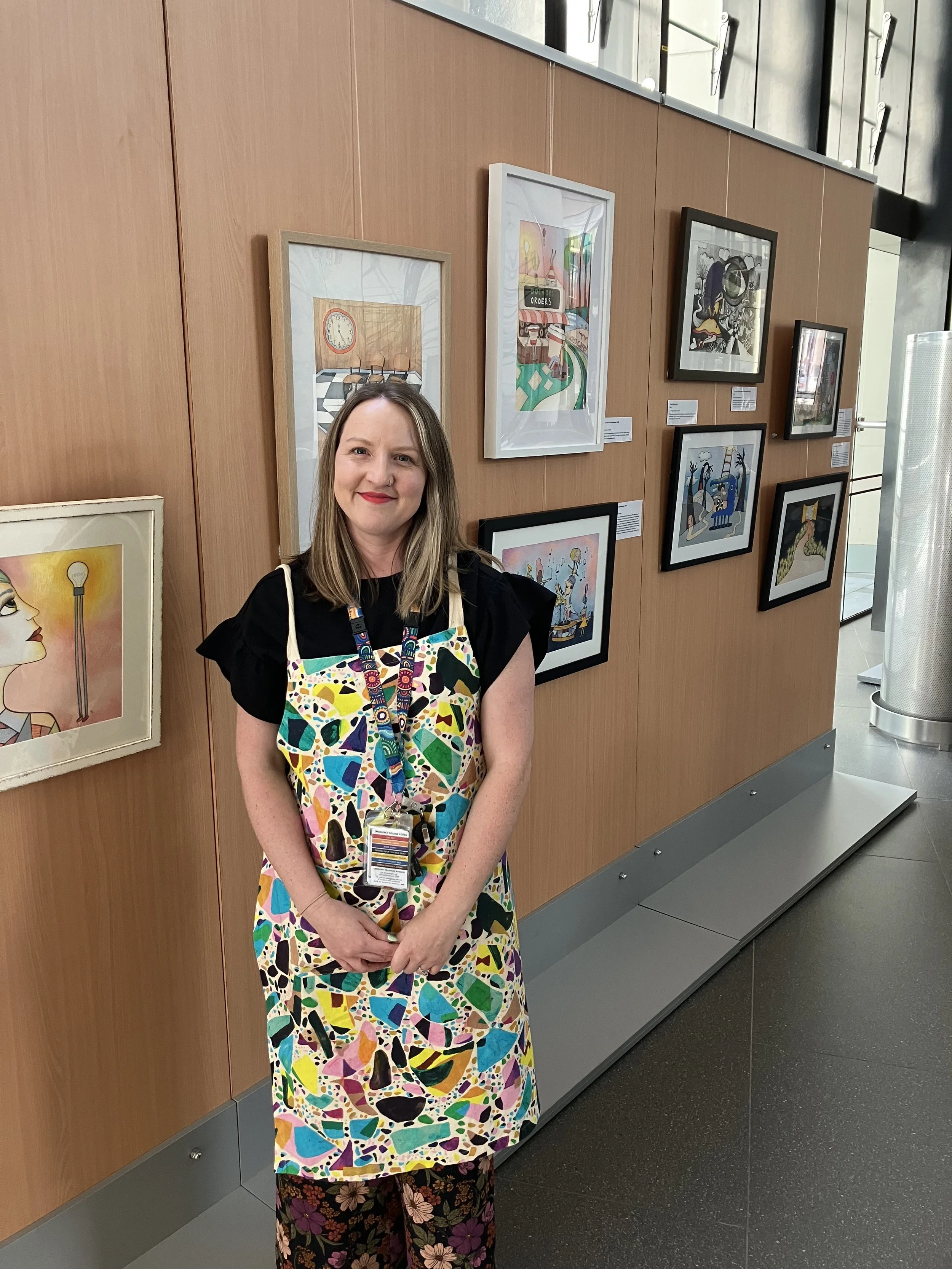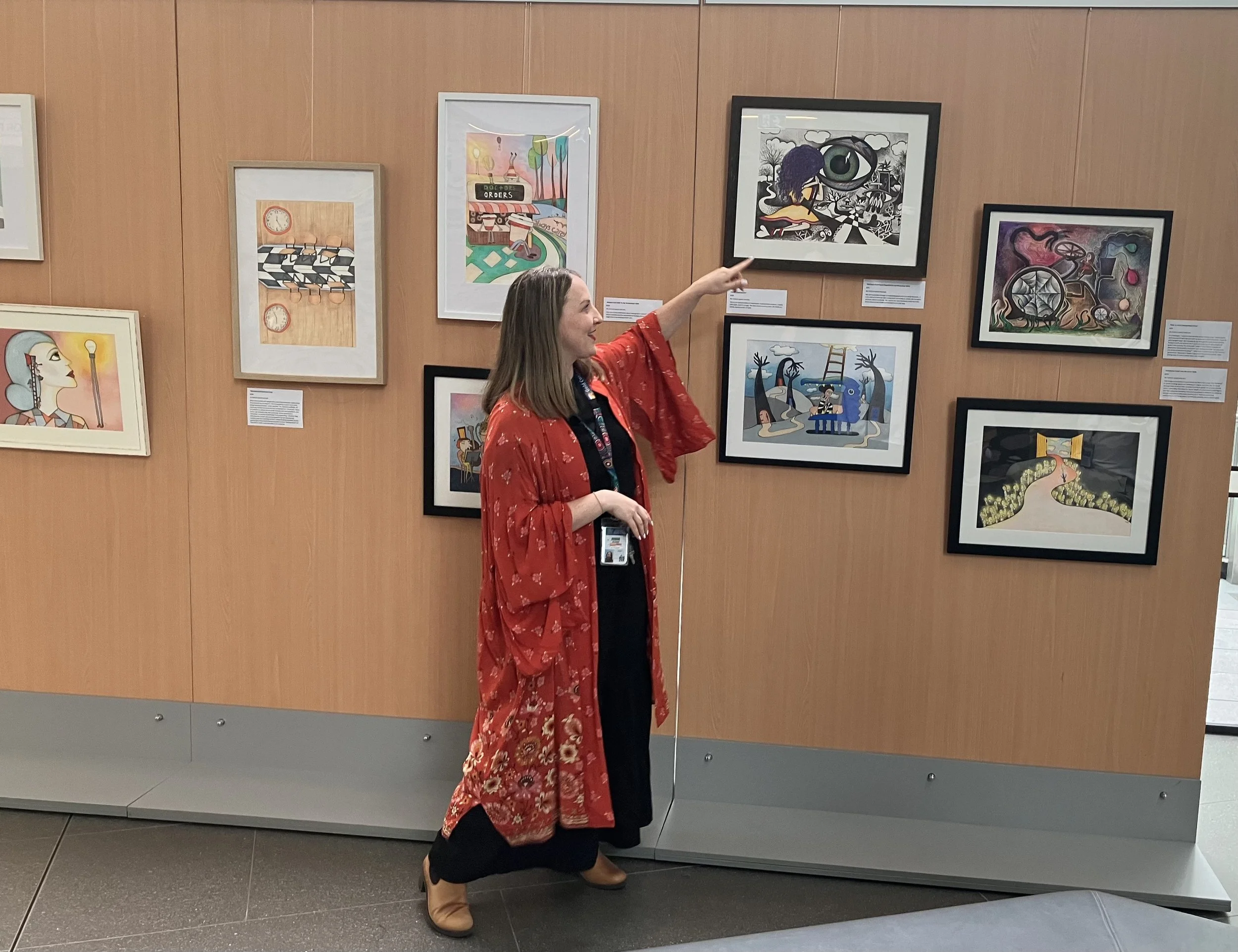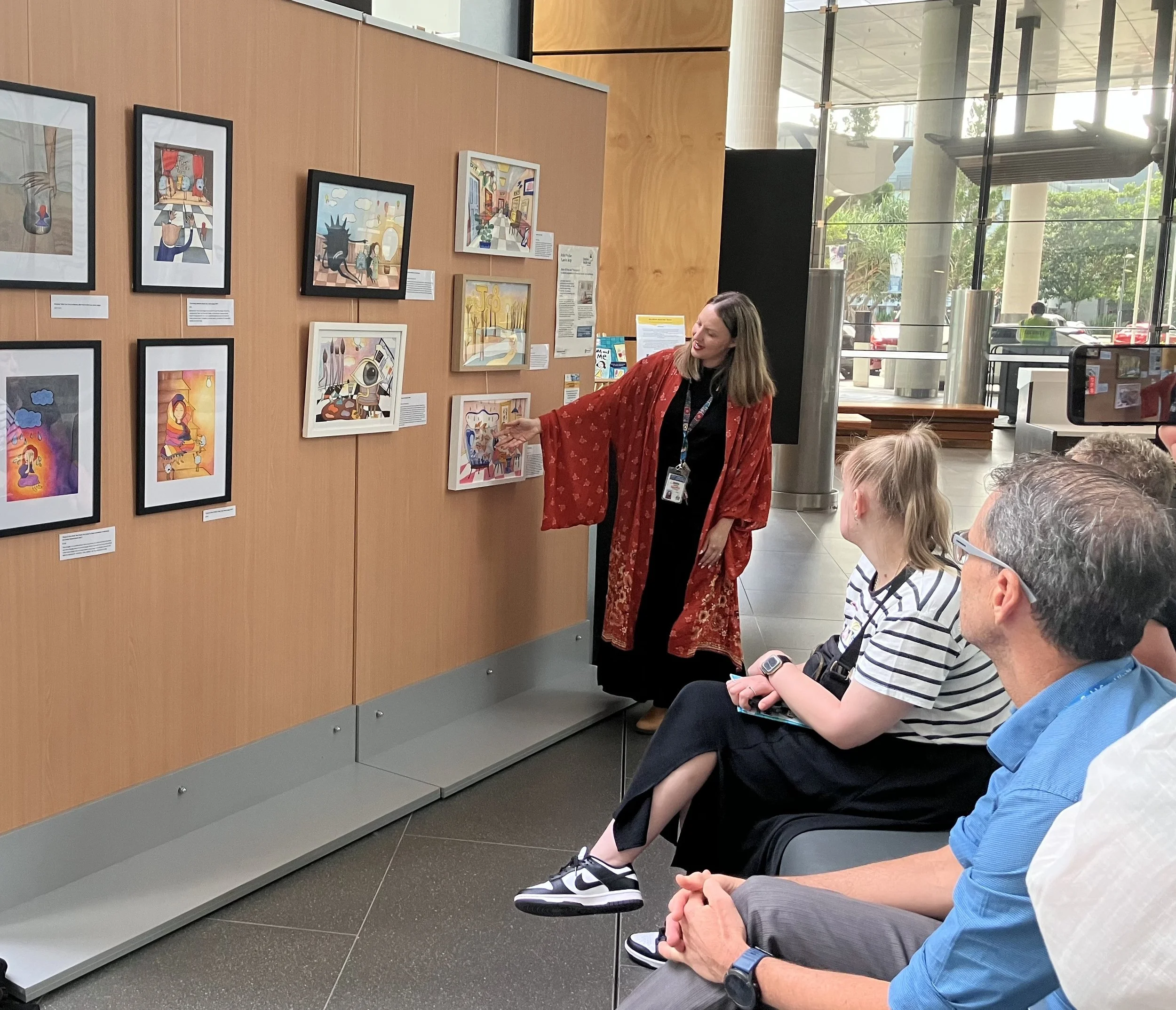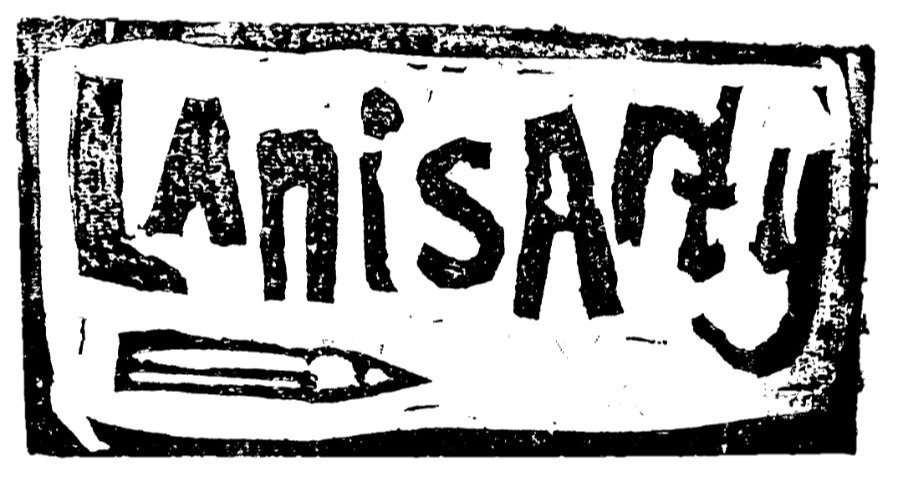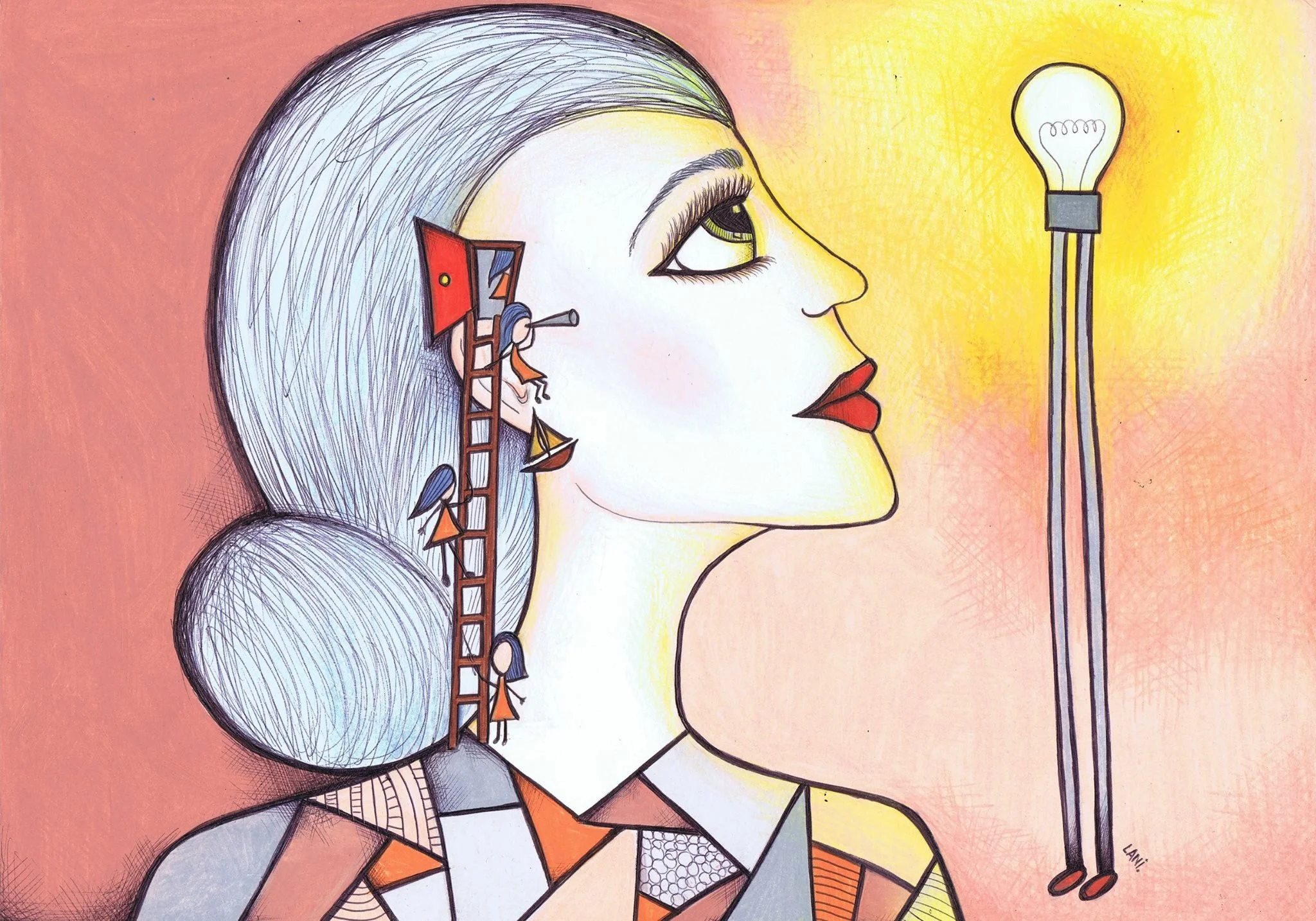It has been a little too long.
I thought I should jump on here and share some cool things that have been happening recently!
I currently have a solo art show! Possibly the largest solo collection I’ve displayed (18 drawings).
It is on until the end of January at Gold Coast University Hospital. You can see it until then, or you can read a little more about it:
Gold Coast Health writes about it here.
Yesterday, I gave a brief artist talk about the show. I shared a bit about my art process and thought I would to share a little bit here too.
My Drawing Process:
I generally prefer working on A3 sized paper. Just large enough to convey what I want without feeling cramped, and small enough that it’s not overwhelming so I can finish the drawing in time before I lose interest.
I use 300GSM university cartridge paper- Just a nice texture and weight that my pencils work well on. I buy this from School Art Supplies in large scale a1 sized packs and then cut them down.
I store all my finished artworks and blank papers in an art room in my house that I have to climate control to ensure nothing grows mold (it’s an older house prone to trapping humidity). I run a dehumidifer 24/7 to make sure I can control moisture levels for preservation.
I use a combination of biro and prismacolor pencils usually- I find these pencils the most vibrant of any brand I’ve ever used, and most pens dry out over the top of them, hence the cheap store biro works well for outlining.
I find that an idea really needs to light up my imagination and stir something in me or I lose interest too quickly to stay with the idea for a whole drawing. I do dabble with other creative things (occasionally painting with watercolours or sculpting or making earrings etc) but for me, drawing is my primary expressive outlet, and is especially the medium I turn to for processing, wrestling with the world and finding my ‘voice.’
I am in awe of artists who do what I cannot do. I cannot do realism. I cannot do patience and longsuffering over art that takes months or years to finish. I cannot do mathematical things like grid up my page because i find that boring and too formulaic. I am in awe of the precision of those kinds of artists. I can mainly use my imagination and deliberately avoid trying to get correct proportions and angles and details etc. I hope I can pull off the quirky style instead, lol.
Inspiration:
-Overhead snippets of conversations
-My faith, and biblical stories
-My work as a therapist with people in the mental health sector
-Music, particularly the Beatles as a standout source of inspiration
-My internal emotional experiences (frustration, sadness at ‘the world’, delight, confusion, outrage etc). Drawing is my answer to “what do I DO with how I feel?” I put it down on paper and express it, which feels productive/ useful and helps me to stay balanced and find some hope.
My advice for emerging artists finding their voice:
Don’t worry so much about how other artists do things. There’s a lot of advice in the art world about what to use, your techniques, etc. You will find your voice, in your way, that satisfies how you want to do things.
Don’t ignore your impulse to ‘make’ when life gets busy. I think of a pressure cooker. It explodes. When you get the impulse to let some of that steam out and put pen to paper (or whatever you prefer) don’t ignore it! Make time, even brief, to keep accessing creativity as your outlet.
Something to ponder in your practise: art is a vehicle, a communication tool. Aside from art for art’s sake and pure enjoyment (nothing wrong with that!) if you are creating original pieces, what are you saying? What are you pointing people towards? You have something to say. Is it political? Religious? Defiant? Calling people to something positive? Spend time with that.
Until next time, which hopefully isn’t as far away as the last time, x.
